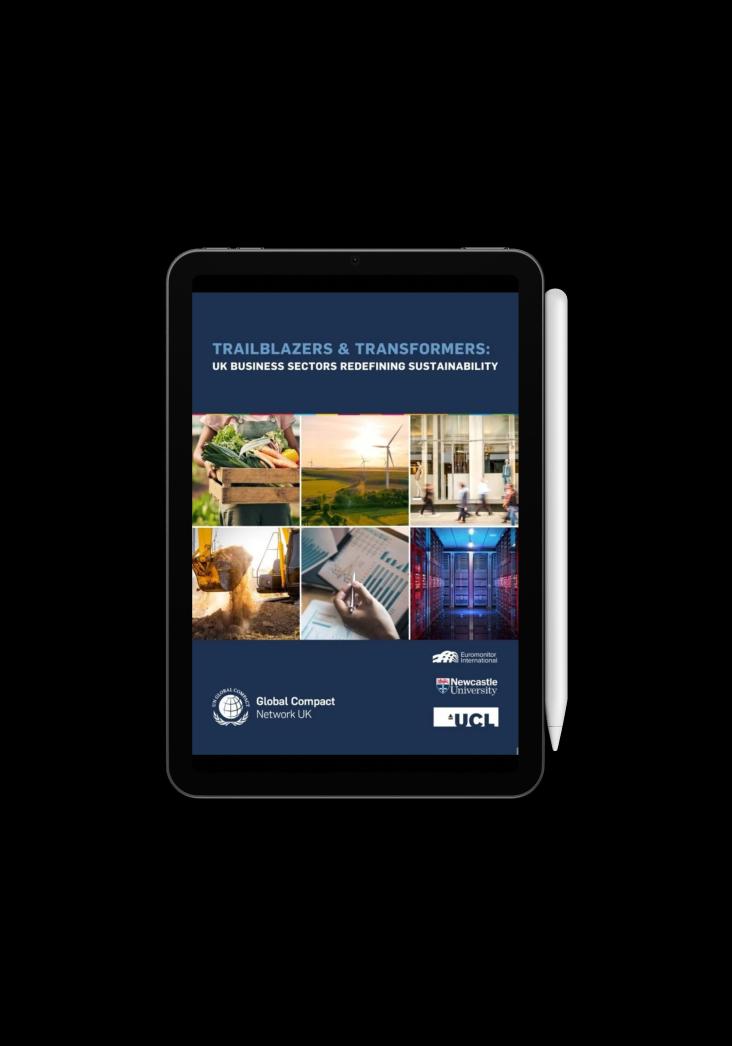Many countries, subnational jurisdictions, and companies are setting net-zero emissions goals; however, questions remain about strategies to reach these targets, policy measures, technology gaps, and

In this episode of the "World We Want" podcast, Márcia Balisciano interviews Elizabeth Corse, Founder of DisCom. They discuss the need to move beyond “business as usual” and how empowering both citizens and company leaders is essential for real sustainability progress. They also explore how to identify organizations that genuinely embed sustainability and encourages renewed commitment to the UN Sustainable Development Goals (SDGs) as an opportunity for a global “comeback.”
This study analyzes decarbonization efforts of 1,095 European firms, identifying six key strategic pathwaysranging from risk diagnosis to supply chain redesignand uses a systems dynamics approach to reveal how these interconnected strategies influence climate risk performance. The findings offer valuable tools for managers and policymakers to coordinate supply chain actions more effectively, fostering continuous innovation and improved sustainability outcomes.

In this episode of the "World We Want" podcast, Márcia Balisciano interviews Klaus Brun, Vice President of Products and Technology, Ebara-Elliott Energy. They discuss why clean, reliable energy is essential for global sustainability and what technologies like turbines and hydrogen/CO₂ transport are needed for the transition. They also note how AI both raises energy demand and helps improve system efficiency.

To help companies strengthen competitiveness and resilience, the UN Global Compact Network UK, in collaboration with University College London, Newcastle University, and Euromonitor International,

The Elsevier Foundation and RIKEN's report, ‘Envisioning Futures: Amplifying women’s voices and leadership in Japanese Science’, calls on research institutions to expand definitions of excellence b

In this episode of the “World We Want” podcast, Márcia Balisciano interviews Professor Jurgita Malinauskaite, Professor of law and Head of Brunel Law School at Brunel University of London. They discuss the role of law, research, and collaboration in driving sustainability, from fair competition and energy transitions to circular economy solutions, all in alignment with the UN Sustainable Development Goals.
With an estimated 2 billion people worldwide suffering from iron deficiency — a condition linked to anemia, impaired childhood brain development, and higher infant mortality — researchers are racing to find more effective nutritional interventions. MIT scientists have developed a promising solution: tiny crystalline particles known as metal-organic frameworks (MOFs) that can be used to fortify everyday foods and beverages, mixed into foods such as bread or sprinkled directly into drinks like coffee or tea.
The study finds that Chinese listed companies' increasing carbon footprints, primarily from value chain emissions, are associated with higher expected returns, indicating a carbon damage risk premium recognized by investors.

